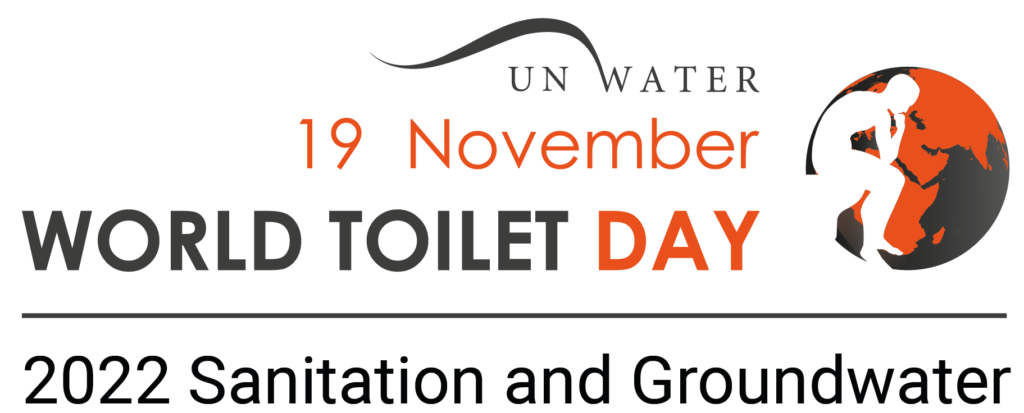Engaging Parliamentarians To Put Water and Sanitation Goals Back on Track
On World Toilet Day, the international community will assess its progress on providing sanitation to all.
Unfortunately, while we’ve made significant advancements, we are not on track to provide universal access to safely-managed sanitation by the UN’s target year of 2030.
Today, nearly half of the world’s population uses sanitation services that leave human waste untreated. Meanwhile, 673 million people still practice open defecation and an estimated 367 million children attend a school with no sanitation facility at all. Poor sanitation devastates public health, as well as the environment and social and economic development.
Inequalities persist: for women and girls who are unable to meet their menstrual health needs, with additional burdens placed on people with disabilities and refugees; for people living in rural areas and in informal settlements, where distance and political ambivalence prevent the delivery of safe and affordable sanitation; for people living downstream from dysfunctional treatment plants, among other inequalities due to disability, religion or other discriminatory practices.
Achieving UN Sustainable Development Goal (SDG) 6 – clean water and sanitation for all – requires more funding, and critically, more political engagement. With our partners in the lead, the UN-hosted Sanitation and Water for All global partnership (SWA) has identified a group of people who could be playing a more active role in the promotion of sanitation as an important part of the development process. Parliamentarians have the legislative power and budgetary oversight to turn policy into practice, to improve sanitation services for all, particularly for those who currently have no or only basic access.
Parliamentarians can use their roles of representation, legislating, oversight, and budget scrutiny to address the bottlenecks hindering both the implementation of the SDGs and the realization of the human rights to water and sanitation in their countries.
Enshrining this right in national legislation and policy can be an effective first step, with a country’s constitution providing the strongest general guarantee of human rights within national legal frameworks.
Additionally, a country’s national legislative framework for water, sanitation and hygiene should be examined to ensure it complies with human rights standards – ensuring services are available to all, especially to vulnerable or marginalized individuals and groups. Legislation that includes human rights also provides legal obligations for oversight and monitoring of implementation and compliance, which can be a powerful tool to increase transparency, identify clear responsibilities and boost accountability.
Parliamentarians can also influence budgets and can raise the profile of sanitation by demanding the inclusion of sanitation in all aspects of resource allocation from budget formulation and allocation, to approval, execution and review.
Civil society organisations and people who suffer from inadequate sanitation can work with researchers, scientists and other practitioners, engaging with parliamentarians to challenge the taboo and stigma of sanitation. Moreover, they can raise their voices through public hearings and inquiries conducted by parliamentarians, providing essential testimony to the challenges of lacking sanitation, and the benefits that sanitation brings to people lives through improved health, access to work and education. They can also work with networks and coalitions which may have long-established connections with parliamentarians.
Finally, there are international review processes that parliamentarians can join, such as the UN’s Voluntary National Reviews, which monitor progress on the SDGs, and the Universal Periodic Reviews, which assess the fulfilment of human rights obligations. SWA’s Mutual Accountability Mechanism also provides a multi-stakeholder platform that encourages commitments from all relevant actors to improve access to sanitation. SWA’s tools portal provides helpful resources for engaging parliamentarians. Moreover, parliamentarians and other stakeholders can learn more about improving legislation on water and sanitation through SWA’s dedicated parliamentarian handbook.
Parliamentarians are increasing their understanding of and their commitment to sanitation in a growing number of countries, working at the highest levels of government. But it’s not yet enough. As we celebrate World Toilet Day, let’s ask our parliamentarians to put our sanitation goals back on track.
IWA has launched an Inclusive Urban Sanitation initiative. The initiative aims to reshape the global agenda on urban sanitation and is being promoted through a dedicated campaign – SanitAction – to gather the support and collaborative action needed to secure progress. Engage with us and join the conversation online using #SanitAction.


